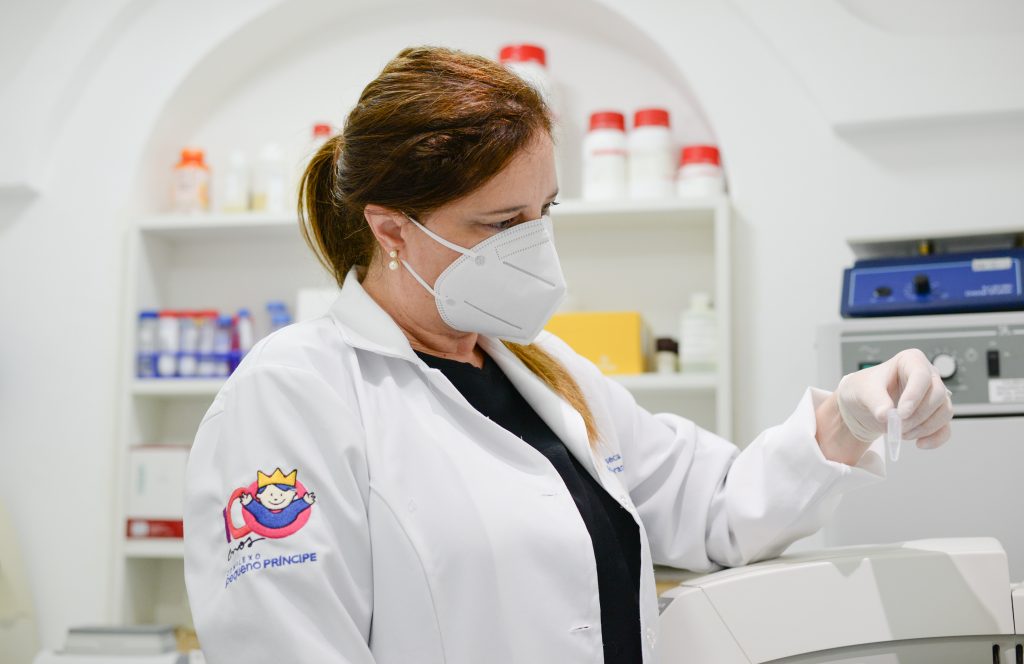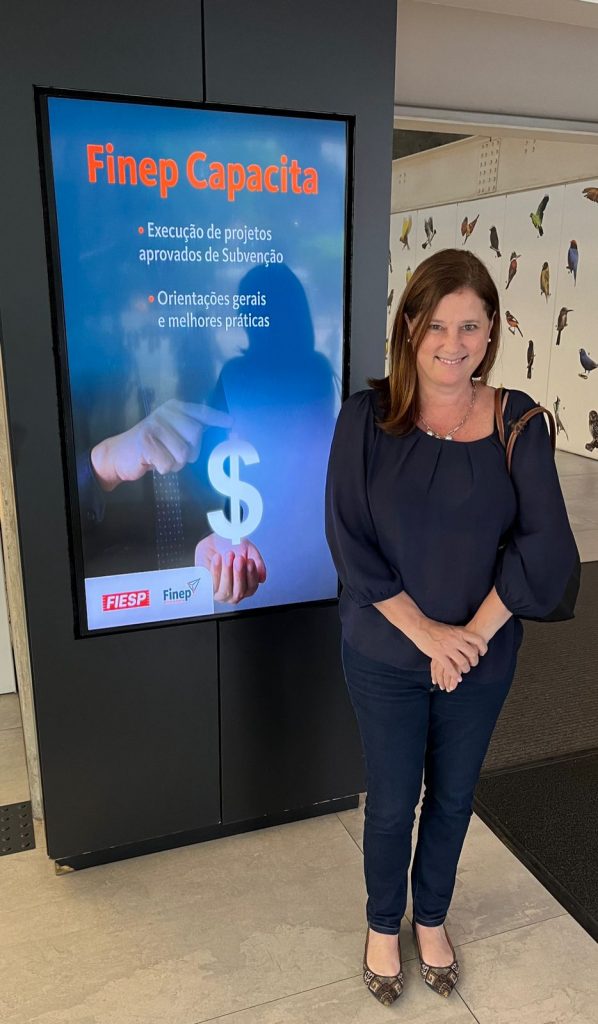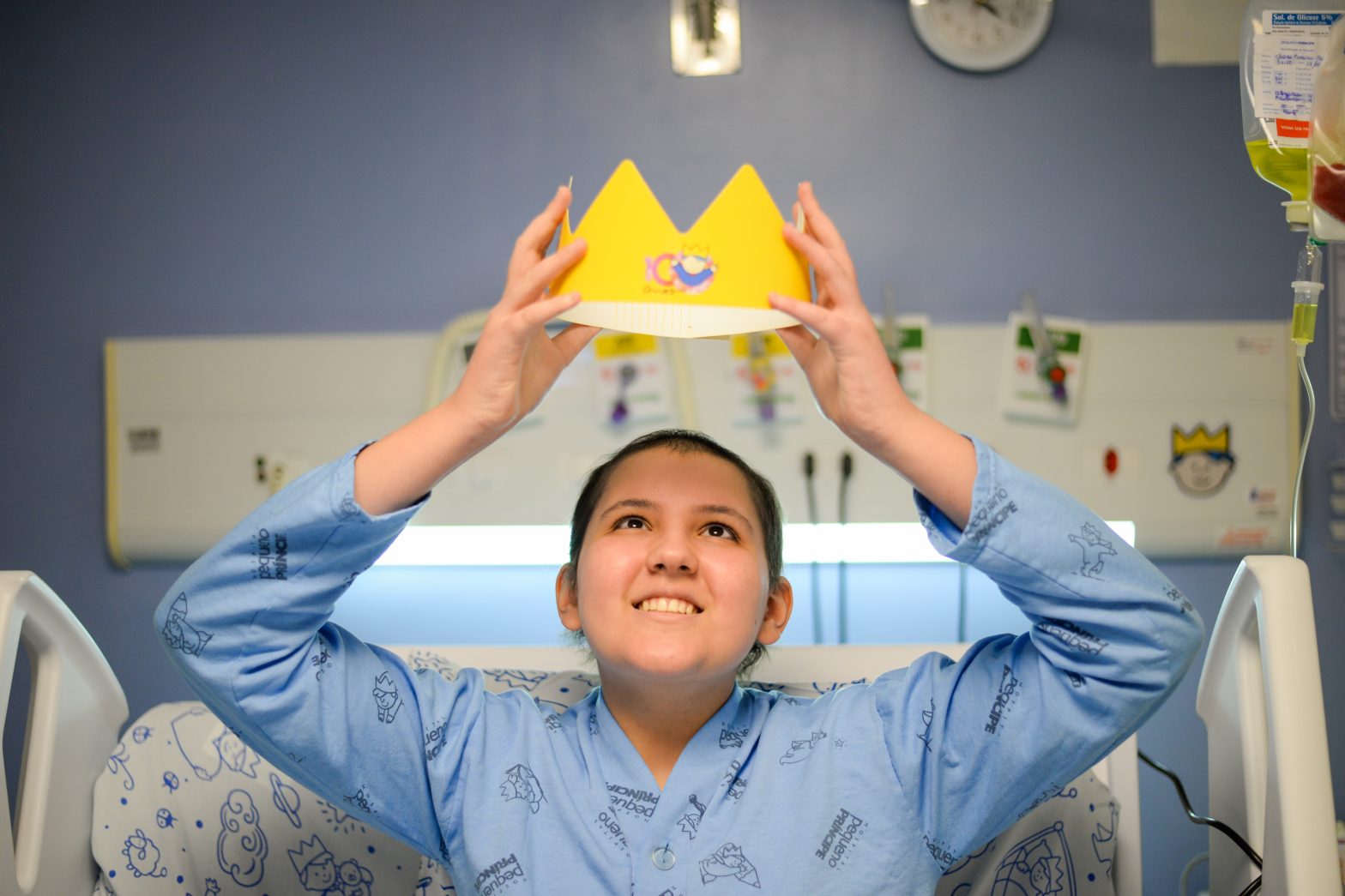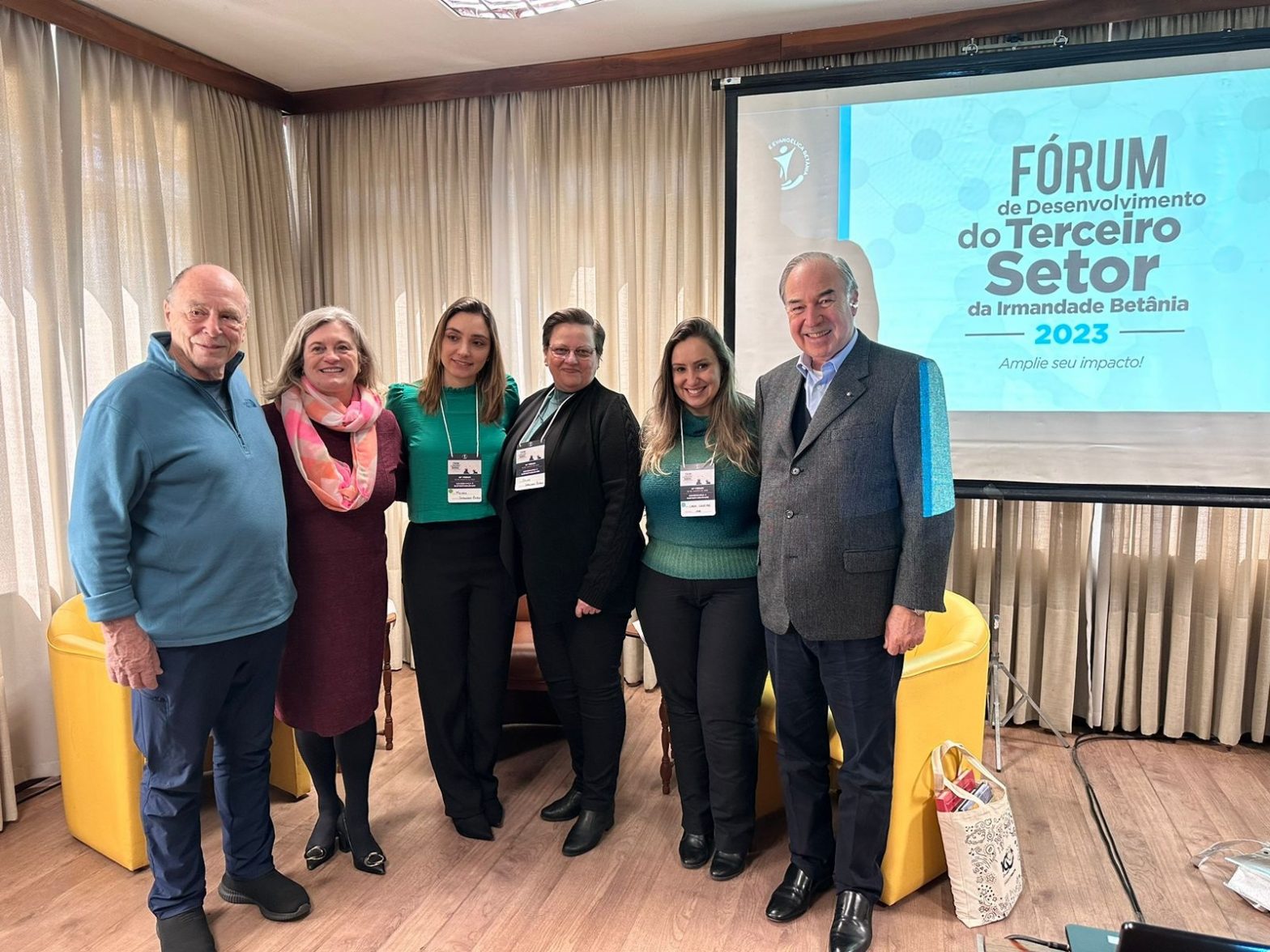Research Institute will have a research project financed by Finep
Scientist Luciane Cavalli’s study will investigate a very aggressive type of childhood cancer: neuroblastoma
A research project by scientist Luciane Regina Cavalli was selected in a notice from the Financier of Studies and Projects (Finep, abbreviation in Portuguese). It will receive resources to investigate a very aggressive type of childhood cancer: neuroblastoma. This was the first project of the Pelé Pequeno Príncipe Research Institute approved by Finep, which is a company linked to the Brazilian Ministry of Science, Technology, and Innovation (MCTI, also in Portuguese), created to promote the economic and social development of Brazil through public support for science, technology, and innovation.

The project will be carried out in partnership with Oswaldo Cruz Foundation (Fiocruz), Pontifical Catholic University of Paraná (PUCPR), and the University of São Paulo (USP). The scientist expects that the results will contribute to the accuracy of diagnoses and innovation in treatments.
The research project
The research project will be carried out over three years and collect tumor cell samples from 30 patients. These cells will be taken to the laboratory and transformed into cell lines until they reach stem cell capacity. “This process is called cell immortalization. Through it, we could ‘produce’ other cells from the patient’s tumor with the same characteristics and use them in different studies,” highlights Luciane.
From the creation of cell lines, scientists will be able to test the different chemotherapy drugs currently available for the treatment of neuroblastomas on these cells to verify which drug is most effective for each genetic change responsible for the development of the tumor.
The neuroblastoma
Neuroblastoma is a tumor that affects the sympathetic nervous system, responsible for unconsciously controlling bodily functions, such as breathing and blood pressure. It is the most common cancer in children under one year of age and accounts for 6% of all pediatric cancer cases. Despite being significant among neoplasms, it is considered a rare disease. In Brazil, the annual incidence of neuroblastoma is estimated at 7.3 occurrences per million children, and Curitiba (state of Paraná) is the city with the highest national incidence: 14.2 cases per million children.

They are very complex tumors and present a comprehensive genetic and clinical variety, making diagnosing, predicting the disease’s evolution, and defining treatment difficult.
At Pequeno Príncipe Hospital, a reference in pediatric oncology, neuroblastomas are the most frequently diagnosed solid tissue pediatric tumors. There are around ten cases per year, and, according to data from the State Department of Health of Paraná, they are generally diagnosed in advanced stages (III and IV).
As the diagnosis is usually late and this type of tumor is very aggressive, it is common for children to present metastasis already at diagnosis, which makes the cure very challenging. According to oncologist Ana Paula Kuczynski Pedro Bom, from the Pequeno Príncipe Oncology and Hematology Service, the possibility of a cure in more advanced stages is around 5%. When it is possible to perform a bone marrow transplantation, the chances increase to about 50%. And those children who have access to targeted therapies have a 75% chance of being cured. However, targeted therapies are still inaccessible to most Brazilians. Through the Brazilian Public Health System (SUS, abbreviation in Portuguese), they are not available, and families who have health insurance typically need to go to Court to access them.
New therapies
With Luciane’s project, in addition to testing which chemotherapy drugs are most effective for each type of genetic alteration that causes the tumor, the research will also allow the development of studies related to the development of new target therapies that make treatments more accessible.
More
Pequeno Príncipe has been elected one of the best hospitals in the world
The institution also appears as the best exclusively pediatric institution in Latin America in the ranking prepared by “Newsweek” magazine
Representatives from Pequeno Príncipe Hospital participate in discussions that strengthen the third sector
By participating in these events, the institution reinforces its commitment to the UN 2030 Agenda and to acting centered on ESG principles
Oncology and Hematology Service at Pequeno Príncipe Hospital turns 55
One of the oldest and most complete in Brazil, the service makes available humanized and excellent treatment – from diagnosis to the most innovative therapies – with a survival rate of 74%









